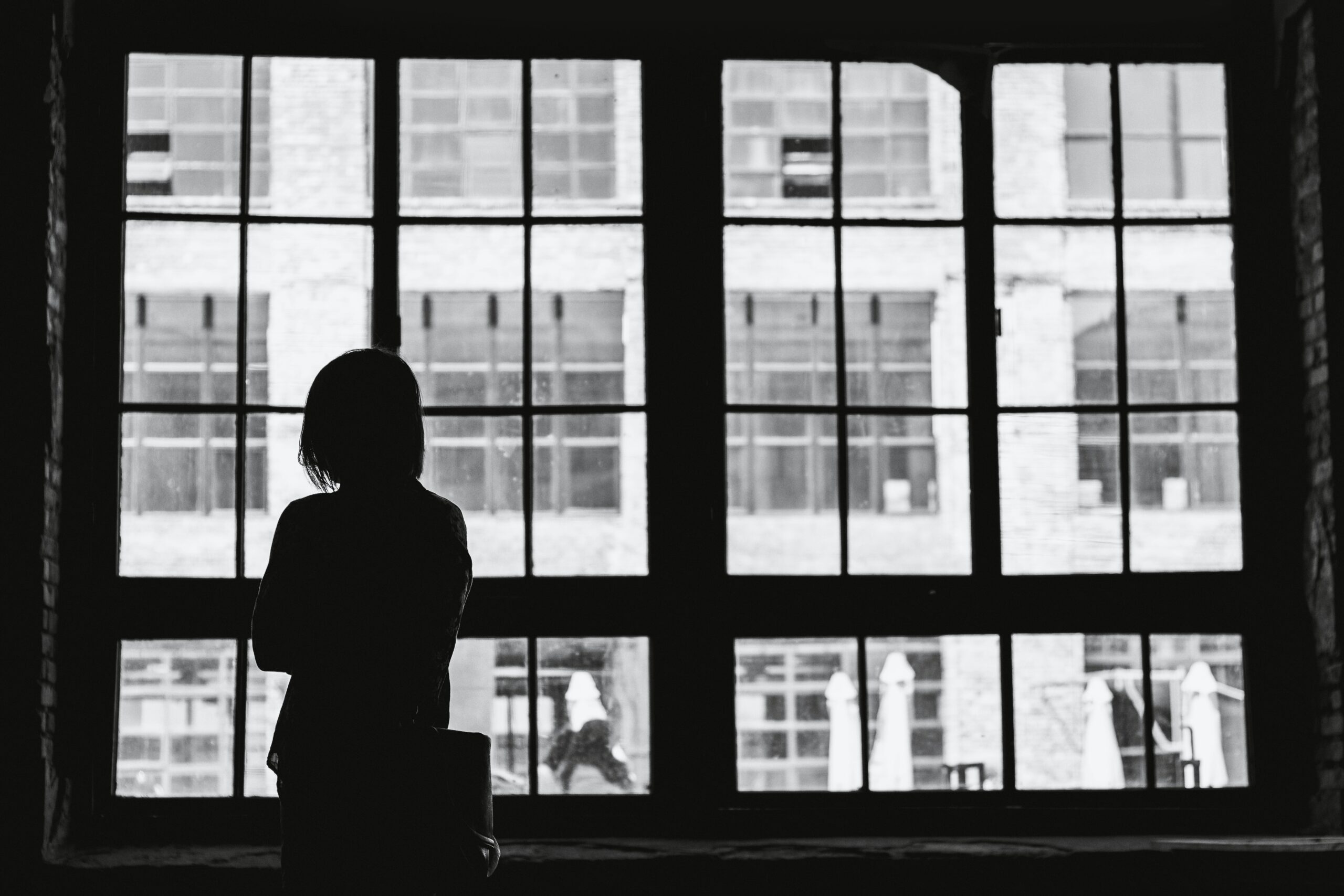As the world continues to change and restrictions begin to loosen, a common conversation that has been happening is how to make up for over a year of what some refer to as time lost. We have come from a year of various forms of isolation, and now that socialization bug has many of us trying to wonder how we can get back to our old lives, how we can reconnect, and how we can feel more included. As opportunity arises, it also makes us very aware of what we’ve lost in the past year. For many, that is sadly great losses of loved ones, losses of jobs and opportunities, or loss of friends or falling out of contact with those we once cherished. The common thread here is loss, and with that loss, often comes the terrible feeling of loneliness.
The Opportunity to Connect
The effects of loneliness have been studied more now than ever before, and many researchers have concerns about the adverse physical and mental effects chronic loneliness have on individuals. It’s interesting to look at this phenomenon in current times because we often can’t help but be connected with others. We can share our locations, quickly connect with friends or family to go out for the evening, talk to strangers from all over the world, and have people all over the world send ‘likes’ to validate our experiences through photos, tweets, or candid posts.
Have you ever had that funny feeling that you are surrounded by so many people every day, but you still feel alone? Maybe you go out on the weekends with a group of friends, or you have lunch with coworkers, or attend weekly Zoom meetings with family or friends. Maybe you have thousands of social media followers who regularly comment on your posts or photos. Yet, even surrounded and sometimes even suffocated by the presence of socialization, you still feel lonely. It is almost aggravating that we know there is something missing in our lives, we just don’t know how to fix it.
Maybe all of the material goods, the nights out at bars and restaurants, and the exposure to life itself seems to be the easy solution, or the solution others are offering you to help with feeling lonely, but it isn’t filling that void completely. I think all these activities offer many benefits, and opportunities for human connection. However, feeling lonely can feel as if the whole world around you is moving, but you are standing still. There’s something internally to be discovered, and a bridge that needs to be formed to connect that internal emptiness with the outside world moving around you to truly feel connected.
Why is Loneliness So Difficult to Conquer?
There’s such a stigma on being lonely. There seems to be this notion that individuals who are lonely, or have trouble finding friends are therefore un-likeable, which further propels our negative self-talk and inhibits us from getting the connection we truly want. Anxiety, depression and other mood disorders often attack those things we value most in life, and as one of the pioneers of Acceptance and Commitment Therapy (ACT), Steven Doyle states, “we hurt where we care and care where we hurt.” Taking this statement and looking at loneliness, we can see that those who have deep feelings of loneliness are those who care and value human connection and meaningful relationships so much, that it feels like they are drowning when they don’t have any semblance of these. Sometimes, it’s not just about replacing or filling your life up with social opportunities, but it’s reflecting on what we actually care about within human interaction itself that makes us feel connected.
Grievance and Acceptance
This type of “painful nostalgia,” is a yearning and longing so badly for the feelings associated with friends, events, or memories from the past, that it made their present day feel unsubstantial and unfulfilling. There is this longing for what once was, and I have been seeing this more and more with people talking about their “pre-pandemic self” or remembering times where they were happy. The easy response to this is to just make more memories; put ourselves out there and create new opportunities. However, when loneliness, painful nostalgia, and longing for our past selves is so strong, it is hard to find the motivation to change our circumstances.
Unfortunately, it’s not as simple and going out to create new memories, simply because we valued those past people, places, and times so much. Being less lonely isn’t just being surrounded by people, it is being surrounded by people you value most. Nostalgia and loneliness are direct feelings to remind us of a loss of something we have cherished and valued so much, that our lives feel like it’s missing a piece without it and we are yearning to be connected to something. Nostalgia increases our awareness of social support, which reminds us of a time when we may have been less lonely.
Taking Steps Forward
It’s a hard pill to swallow knowing that some things are not going to ever be the same, but it is a way to make new memories and create nostalgia that doesn’t burn. This is something worth processing with others you trust, support groups, or your therapist, and it manifests a lot like processing grief and loss. You may never feel as connected to that core group of friends you had in college due to physical distance or the busy moments of life, but that doesn’t mean you can’t make more memories with them if they are the people you value. You may have been affected by the pandemic in a way where your “pre-pandemic self” seems unreachable, but that does not mean you have lost who you are or what you can accomplish in the future. Accepting that the world and your connections have changed is difficult, but once you begin to accept this, and validate the tough emotions that go with accepting this, you are more clearly able to navigate new opportunities. After all, if we continue to live in painful nostalgia, we are missing out on making active memories and giving ourselves positive nostalgia to look back on in the future!
If you are feeling lonely, it is because somewhere inside you, you value connection and support. While it may be hard work to find this again, you are not alone in trying to navigate ways to reduce that lonely feeling. From online apps that offer friendship matches and platonic dates, to post pandemic support groups, online communities, volunteering opportunities, and various classes, when you feel ready there are ways to connect with others and strengthen existing relationships. Admitting to feeling lonely is a vulnerable notion, and hopefully diving deeper into the values you are seeking will help you to feel more connected.


